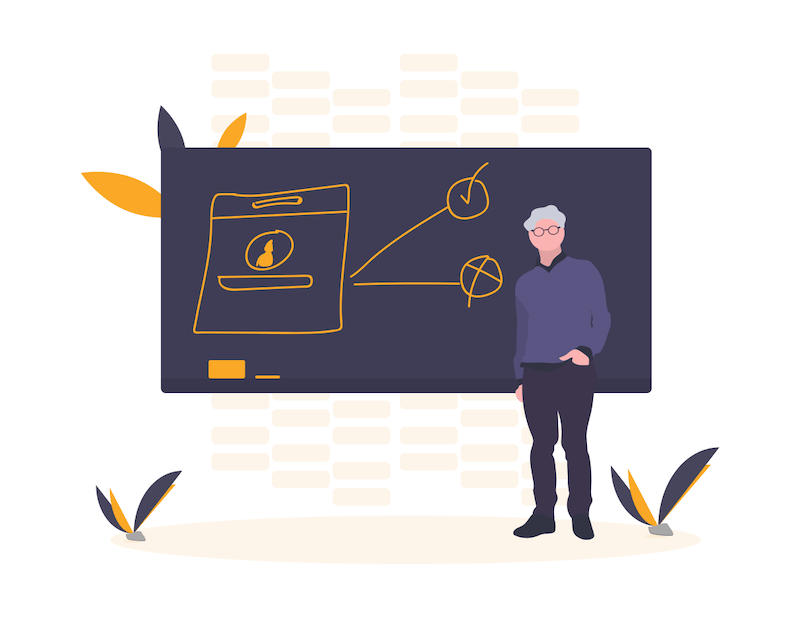Coaching Vs. Consulting: Why I Give Advice When I Work with Clients
What is the difference between a consultant and a coach?
Consulting is telling your client what to do.
Coaching is helping them find their own answers.
Seems pretty clear. Except…
What if you want to combine coaching, consulting, teaching, and mentoring?
What if you want to use all of your skills to help a client get results?
Is that allowed?
According to some coach training companies, advice disempowers the client.
This is absurd.
Would we say that high school teachers disempower their students by showing them how to do math? Obviously not.
In this article, I’ll explain why a hybrid model (coaching + consulting) tends to be the most effective.
What Qualifies As Coaching?
Some purists claim that advice-giving has no place in a coaching relationship. Powerful questions only!
For a profession that encourages “both / and” thinking, this seems a bit extreme.
Questions can be useful. Absolutely. You can't always assume that what works for one person is going to work for someone else.
But this narrow definition of coaching leaves a lot of people to wonder, "Am I really a coach?"
It also causes coaches who have direct experience in what their client is going through to hold their advice back instead of offering a shortcut.
This is where the purist philosophy starts to do real damage.
The truth is, you don't have to be a "pure" coach. As long as you're using your wisdom, life experience, methodology, or coaching skills to help someone achieve their potential...then you're a coach. Or consultant 🤣.
The Case Against “Pure” Coaching
In all this talk about coaching versus consulting versus whatever else we're doing, it's easy to forget about what really matters to clients: results.
The truth is, clients don't invest in coaching. They invest in results.
In other words, clients are focused on getting to a specific destination. They're not so concerned with how they get there.
In fact, most clients want you to give them advice. I only hire coaches who have more direct experience than me in the specific area I'm looking to improve. Why? Because I don't want to make the same mistakes that they did!
For example: Let’s say I want to lose 50 pounds. But I don't know anything about nutrition. If you're a health coach, I want your perspective on how much to eat. I’m happy to have the process be collaborative, but I don’t want to reinvent the wheel.
Should I Be A Consultant Or Coach?
Both.
This isn’t a black and white situation. There’s a lot of grey area.
A better question to ask is:
Where do I fall on the spectrum between pure coaching and pure consulting?
If you have direct experience with what your client wants to achieve, you should probably do more consulting. If not, focus on coaching. The more tools you can bring to the table, the better.
The key is to learn which tool is best for each situation. Don’t automatically give advice if there’s more than one right answer. Conversely, don’t continue coaching a client who just wants tactical advice.
A lot of coaches aren’t as effective as they could be because they refuse to choose a niche. The truth is, your expertise matters. Make sure it’s a part of your business.
When I help coaches fill their client roster, I tend to do a lot of teaching and consulting. I usually know what they need to do to be successful. When I work with people who run other types of companies, I do more coaching.
When in doubt, ask the client: “How can I best support you with this?”
How To Explain What You Do…Even If It's Complicated
It can be hard to communicate what you offer when it involves different modalities.
Are you a coach? Consultant? Transformational healer from another dimension?
The truth is, it doesn’t matter which label you use. Choose the one you’re comfortable with.
What matters more is the problem that you solve. That’s what makes you referable.
Ask yourself: "If I could give one specific result to everyone I worked with, what would it be?"
Focus on articulating that result. Stop discussing the difference between coaching and consulting. You’ll get many more clients that way.

